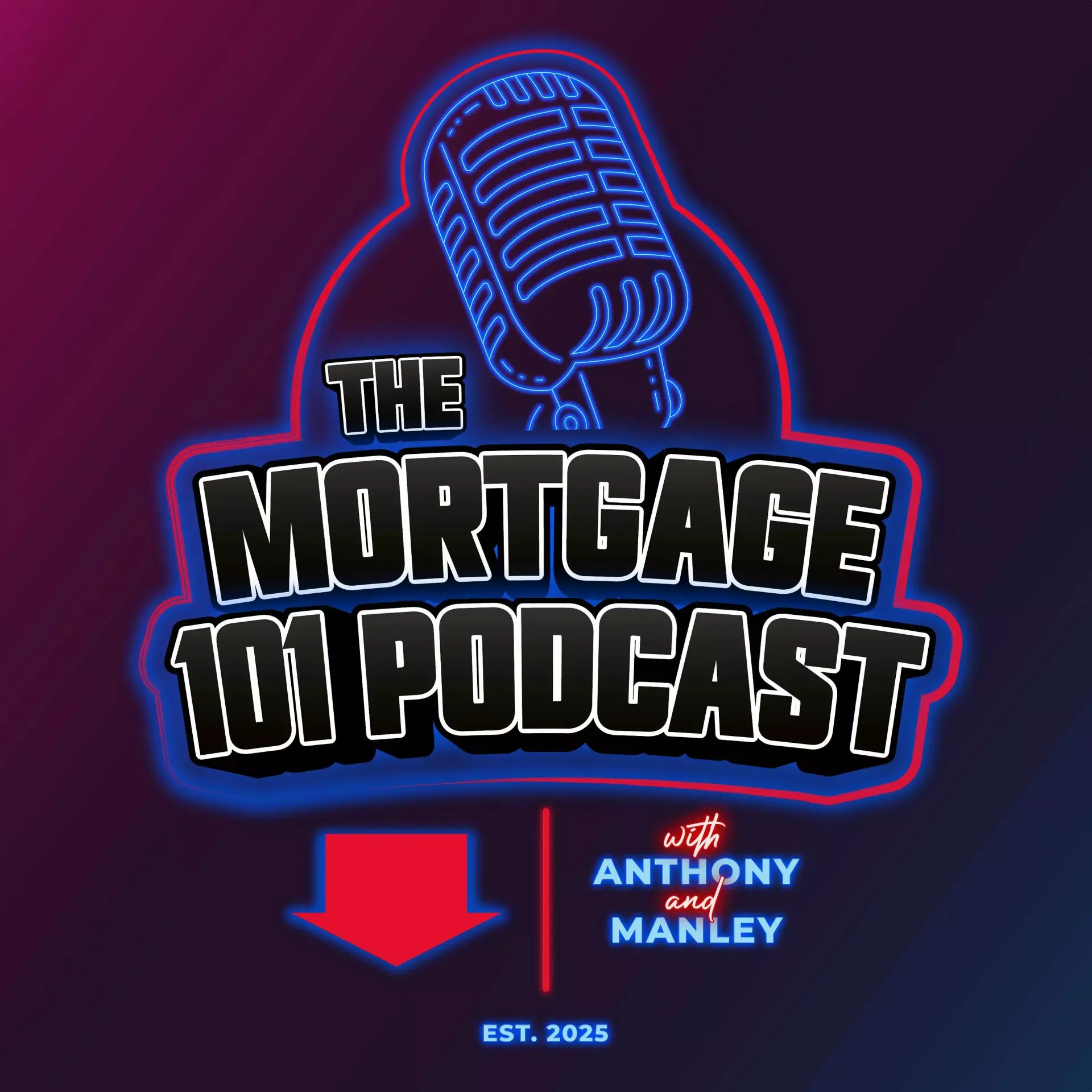Mortgage 101 Podcast: Episode 4 - Navigating Fed Rate Cuts and Homebuying Decisions
In Episode 4 of the Mortgage 101 Podcast, hosts Anthony and Manley discuss the anticipation around Federal Reserve rate cuts, clarifying the difference between Fed rates and mortgage rates, and why homebuyers shouldn’t wait for lower rates to act. Broadcasting from Hawaii and Wisconsin, they share strategies for making informed homebuying decisions, including understanding amortization, managing credit, and leveraging AI in underwriting. Learn how to avoid common pitfalls and build wealth through homeownership in today’s market.
Listen to the full episode: https://youtu.be/gGVP_yJdDDw?feature=shared
[00:18] Welcome to Mortgage 101: Episode 4
Anthony: Aloha! Welcome to Episode 4 of the Mortgage 101 Podcast, where we cut through the noise to help you navigate the homebuying process with confidence.
Manley: Hey Anthony, I’m Manley in Wisconsin, enjoying sunny weather after last week’s tornadoes. How’s it going in Hawaii with those trade winds?
Anthony: It’s wild—winds and storms keep things exciting on Kauai, but we’re good. Ready to dive into today’s topic?
[02:29] Federal Reserve Rate Cuts: What’s Happening?
Will the Fed cut rates in 2025, and how does it affect mortgages?
Anthony: It’s rate-cut watch, but don’t expect a move in June. The Fed will likely hold steady until September, with a possible 50-basis-point cut later this year. Fed rates and mortgage rates aren’t the same—they move together loosely, but mortgage rates depend more on the bond market.
Manley: Exactly. The economy’s stable, not crashing. Consumer spending is strong, so the Fed isn’t rushing to cut rates. Mortgage rates are grinding down, and we might see a 5% rate in 8–12 months, but don’t wait for that to buy.
[06:24] Should You Wait for Lower Rates?
Is waiting for lower rates a smart homebuying strategy?
Anthony: Don’t base your purchase on rates alone. Focus on your needs—safe, comfortable housing—and economics, like affordability. Waiting risks higher home prices due to appreciation (6–10% annually).
Manley: A client recently considered waiting a year to save for a bigger down payment, but they’re paying $1,850/month in rent versus a $2,050 mortgage. That $200 difference is minor compared to building equity. Jump in now to avoid throwing money away on rent.
[09:02] Living Within Your Means
How can homebuyers live within their means?
Anthony: Work with a lender to review your full debt-to-income ratio, not just the house payment. We analyze your lifestyle and debts to ensure your mortgage fits. Comfort zones don’t lead to growth—get a bit uncomfortable to achieve the American Dream.
Manley: Small adjustments, like cutting unnecessary expenses, make a big difference. Math guides the decision—don’t sit on the sidelines out of fear.
[10:47] Preparing for a Refinance
How should borrowers prepare for a rate drop?
Anthony: If you’re in a 7% mortgage, calculate your break-even point for refinancing. If it costs $5,000–$7,000 to refinance and saves $400–$600/month, it’s worth it within 12–15 months. Don’t refinance prematurely and rack up costs.
Manley: Use a trusted loan officer to monitor rates and set a “trigger” for refinancing. Math is your friend—ensure the savings outweigh the costs within 24–36 months.
[15:38] Amortization and Refinancing Pitfalls
Why is understanding amortization important?
Anthony: A client with a 7% mortgage after 19 years was tempted to refinance at 6.2%. But restarting the amortization schedule would cost $100,000 more in interest. Always compare your current amortization to a new loan’s schedule.
Manley: Trust but verify. Some lenders push transactions without showing the full picture. Work with professionals who prioritize your long-term financial health.
[18:31] Loan Term Strategies for Investors
What loan terms work best for real estate investors?
Anthony: For savvy investors, a 40-year fixed or interest-only loan maximizes cash flow during high-rate periods. It lowers payments by a third compared to a 30-year loan, allowing flexibility to refinance when rates drop.
Manley: This strategy suits investors, not first-time buyers, who need stable primary residence loans. Each client’s goals dictate the right loan product.
[22:20] Rapid-Fire Q&A
Fixed or Adjustable-Rate Mortgage?
Anthony: Fixed for now—the gap between fixed and adjustable isn’t worth the risk.
Manley: Agreed, but this could shift in six months. Math decides.
FHA or Conventional Loan?
Manley: Conventional for most, but FHA’s lower rates and mortgage insurance are better for lower credit scores (620–820 FICO).
Anthony: FHA doesn’t penalize lower FICOs, but conventional rates skyrocket below 720. Compare side by side.
Buy Now or Wait?
Anthony: Buy now! Waiting risks higher prices and competition.
Manley: Don’t let macadamia nuts cloud your judgment—buy to build wealth.
Best Loan for First-Time Homebuyers?
Manley: Depends on credit and down payment. Conventional or down payment assistance programs work, but math guides the choice.
Anthony: Low down payment means higher rates; explore grants to avoid repayment clauses.
Fastest Closing Time?
Anthony: Seven days.
Manley: Nine days—close, but no cigar!
Most Misunderstood Part of the Mortgage Process?
Manley: Money movement. Don’t move large sums (e.g., $50,000 gifts) without consulting your loan officer—it triggers compliance issues.
Anthony: Insanity—repeating old habits. Change your mindset to embrace homeownership.
Is an Appraisal Gap a Deal Breaker?
Anthony: Manageable with proactive communication. Realtors and lenders can anticipate gaps and negotiate solutions.
Manley: Situational but manageable with clear expectations and loan adjustments.
One Change to Underwriting?
Manley: More AI for faster, predictable approvals. It’s transforming underwriting with quicker turnarounds.
Anthony: Agree—AI reduces human error, and retail lenders offer more control than brokers.
PMI: Friend or Foe?
Anthony: Friend. PMI allows low down payments (3–5%) versus 20%, keeping cash in your pocket for investments.
Manley: Math proves PMI’s value—it’s cheaper than burning money on second mortgages or high rates.
Credit Score Myth?
Manley: Paying credit cards to zero monthly doesn’t boost your score. Keep usage at 30–50% for optimal improvement.
Anthony: Pay cards to 1–20% of the balance two days before the cycle date (not payment date) for positive credit tags. Aim for 800+ scores.
Worst Thing to Do During Underwriting?
Manley: Don’t buy a car, quit your job, or open new credit—it disrupts your loan.
Anthony: Don’t change anything without consulting your lender. Return that sports car if needed!
What Surprises You About the Industry?
Anthony: The flood of misinformation from media and trigger leads, misleading clients for clicks or sales.
Manley: Bad actors prioritize transactions over education. Choose a fiduciary-focused loan officer.
[43:26] Pre-Approval vs. Pre-Qualification
What’s the difference between pre-approval and pre-qualification?
Anthony: Pre-approval is a basic check with minimal paperwork. Pre-qualification digs deeper, verifying income, assets, and debt-to-income ratio. Rate’s “power bid” fully underwrites before you find a property, giving you cash-offer strength.
Manley: Full underwriting via AI removes uncertainty for buyers and sellers, streamlining the process in days, not weeks.
[48:13] Closing Thoughts
Anthony: Aloha, listeners! Stay educated, trust the math, and don’t let fear stop your homebuying journey.
Manley: Thanks for tuning in. Share this episode, subscribe, and DM us your questions. Shoutout to Kevin Hanson at Red Rooster Studios. See you next week!
Anthony: Aloha, brother!
FAQ
Will Fed rate cuts lower mortgage rates in 2025?
Fed rates influence but don’t directly control mortgage rates. A 50-basis-point cut may happen by year-end, but mortgage rates depend on the bond market.
Should I wait for lower rates to buy a home?
No—waiting risks higher home prices (6–10% appreciation) and competition. Buy now and refinance later.
How can I improve my credit score for a mortgage?
Keep credit card usage at 1–20% of the limit, pay two days before the cycle date, and avoid maxing out cards.
About the Hosts
- Anthony: A mortgage expert based in Hawaii, passionate about simplifying the homebuying process.
- Manley Haynes: A Wisconsin-based lender with over 20 years of experience, dedicated to empowering clients with financial clarity.
Listen Now: https://youtu.be/gGVP_yJdDDw?feature=shared

